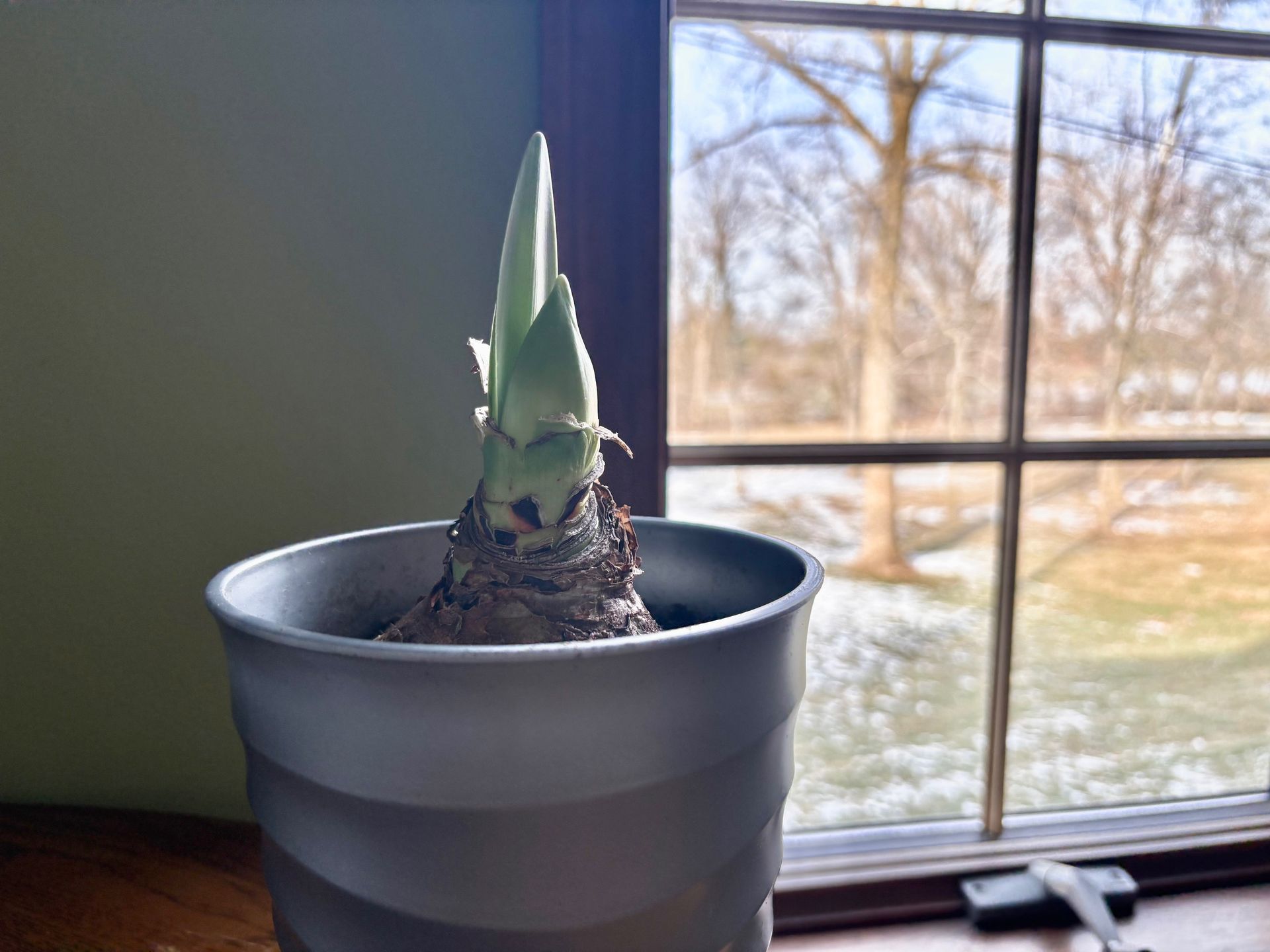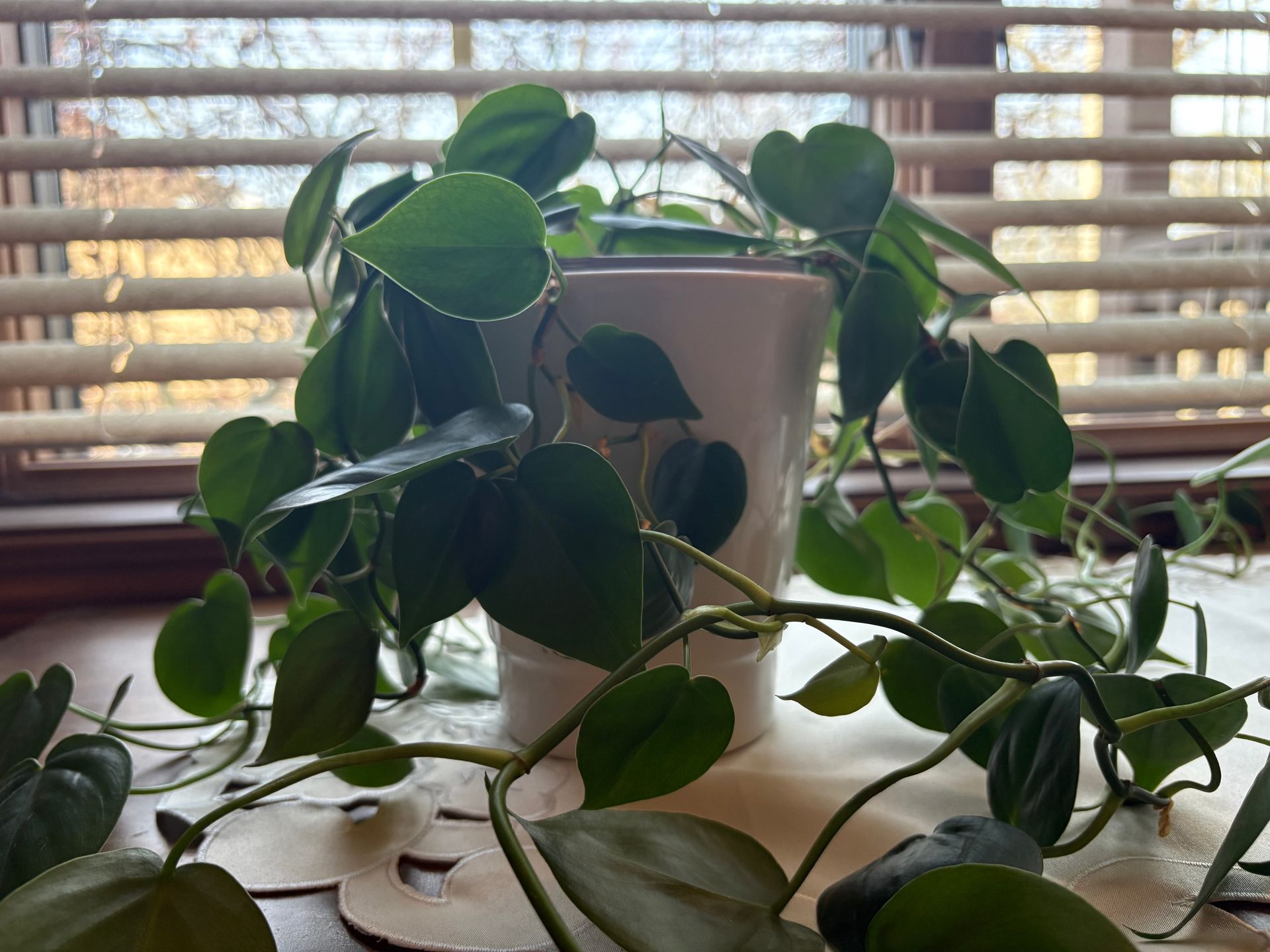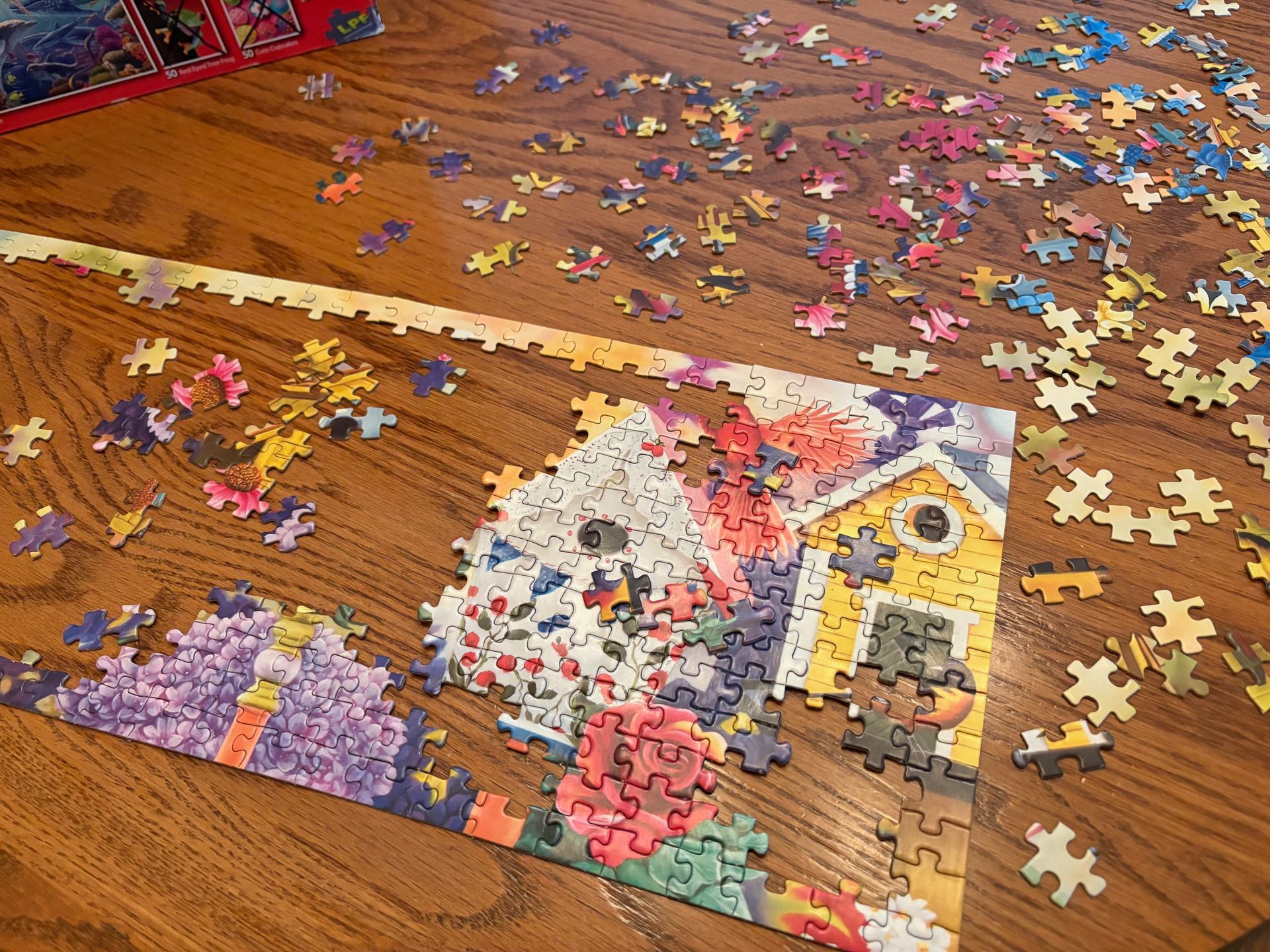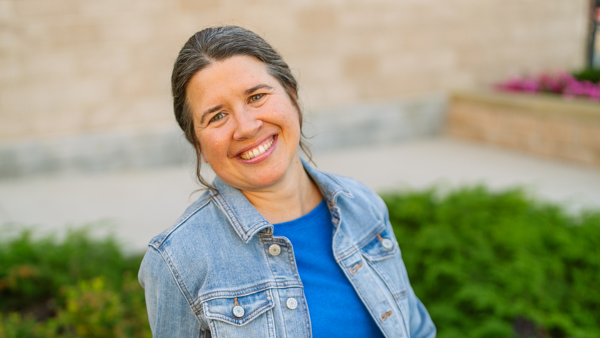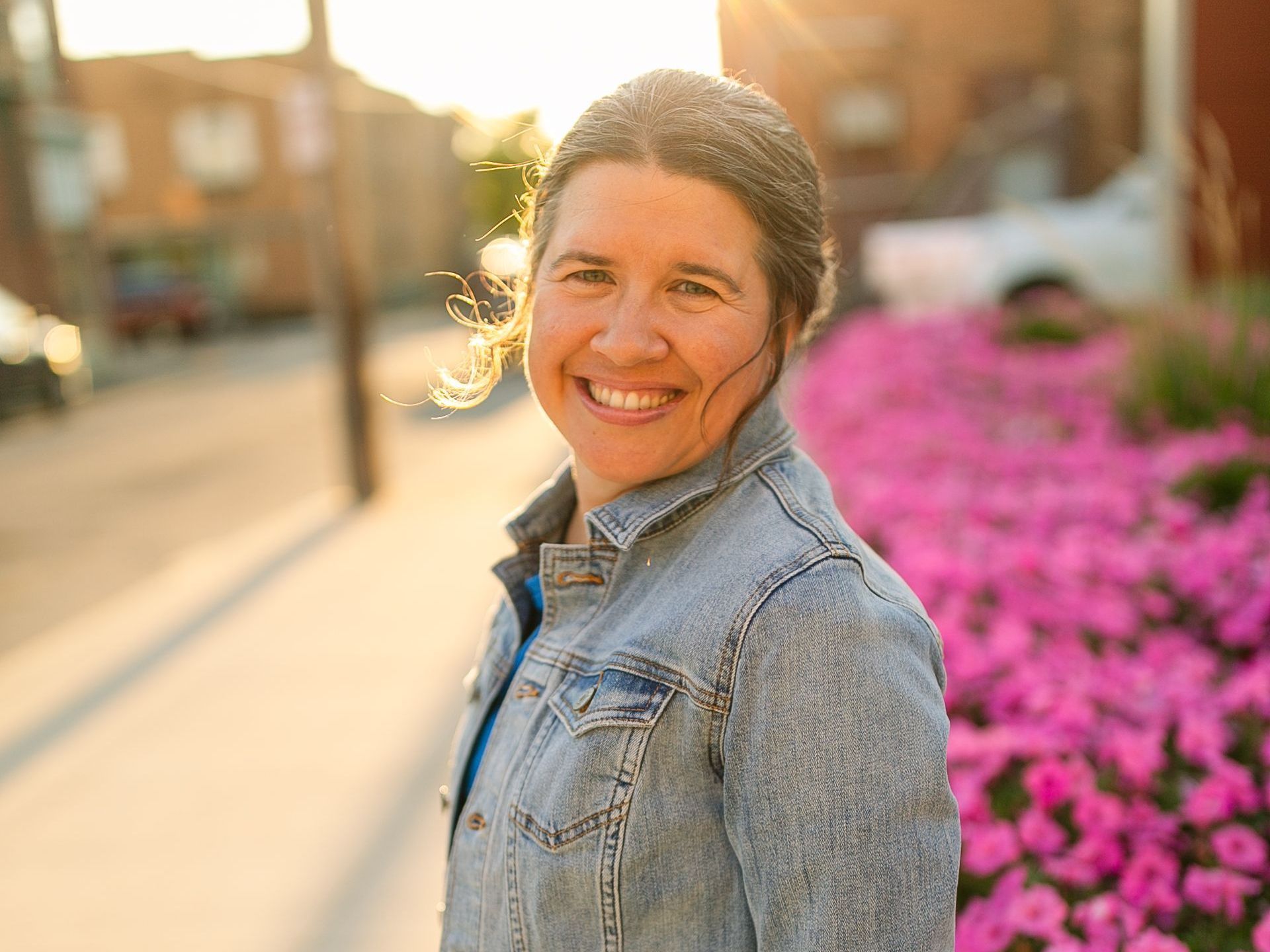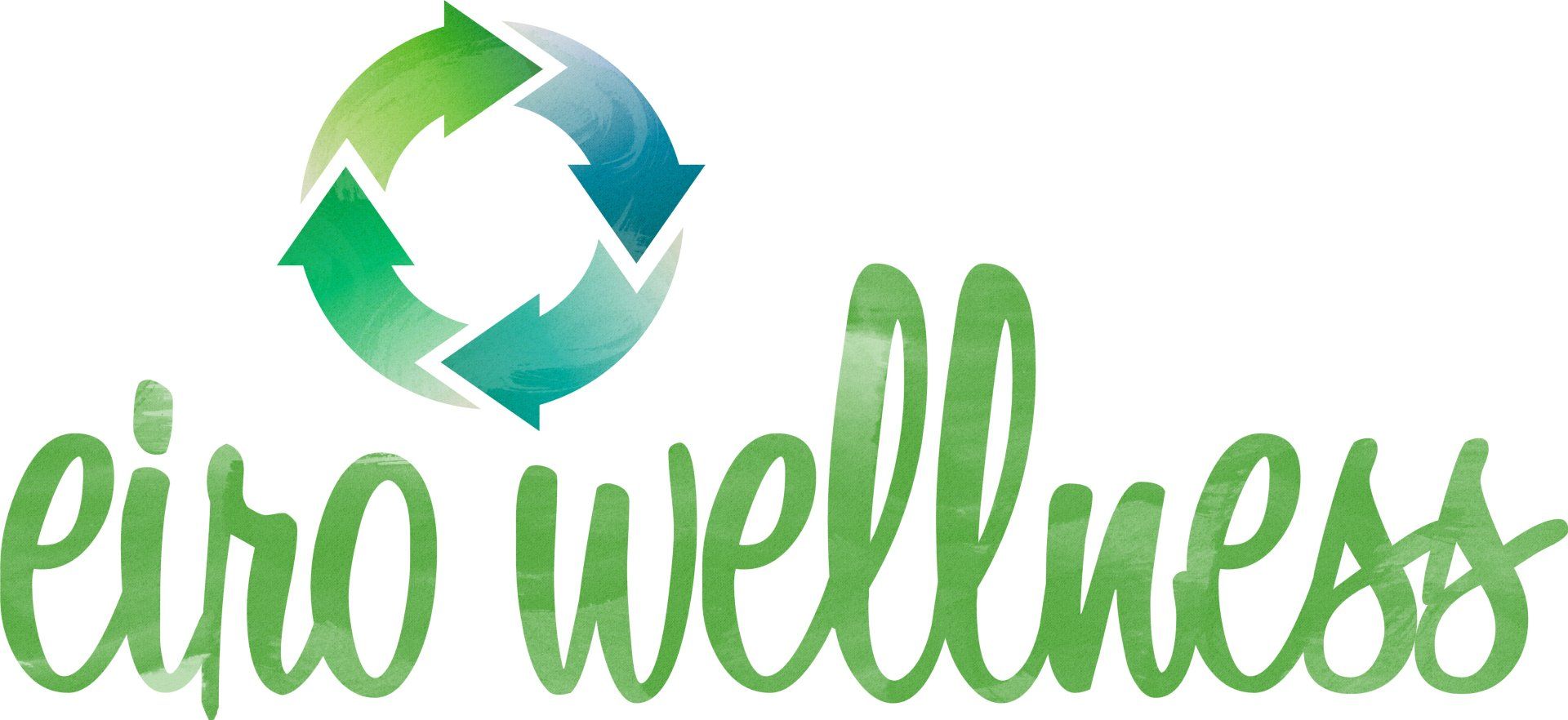When Relationships Make You Sick
How Emotional Stress Affects Your Health and How to Heal

I spent some time in Florida a couple of weeks ago. I loved the sunshine and warmth! But more than that, I loved the people I was with! Even though I injured my leg in a bike accident, I came home feeling refreshed. We laughed and cried. We took walks and sat in the sun. We listened, and we talked. We remembered God’s faithfulness as we considered the past, present, and future. We bonded even deeper as friends.
But not every relationship has that positive impact on us. The mind and body are deeply connected, and what happens in our emotions and relationships directly impacts our physical health. As women, we often carry a heavy load—caring for our families, managing our homes, and sometimes dealing with difficult relationships that drain us emotionally.
The connection between emotional and physical health.
When we experience chronic stress, especially from unhealthy relationships, it doesn’t just stay in our minds—it affects our entire body. God designed us as whole beings, where our thoughts, feelings, and physical health are intertwined. When we nurture peace and emotional well-being, our bodies respond positively, but when we live in constant stress, our health can suffer.
When we find ourselves in difficult relationships, our bodies perceive it as a threat. This triggers our built-in stress response, also known as the "fight-or-flight" reaction. While this response is meant to protect us in dangerous situations, when it's activated too often due to emotional strain, it leads to chronic stress. Feeling unappreciated, unheard, or constantly walking on eggshells can keep our bodies stuck in this heightened state of stress, making it difficult to relax, sleep, and even think clearly. Over time, this stress depletes our energy and makes us more susceptible to illness.
One of the biggest culprits behind these physical symptoms is cortisol, our main stress hormone. When we’re under constant stress, our bodies release too much cortisol, which can wreak havoc on our health. High cortisol levels can lead to hormone imbalances, fatigue, weight gain (especially around the belly), anxiety, irritability, and even digestive issues. Many women dealing with chronic stress from difficult relationships also struggle with irregular cycles, thyroid imbalances, and trouble sleeping—all of which can be linked back to the effects of prolonged stress on the body.
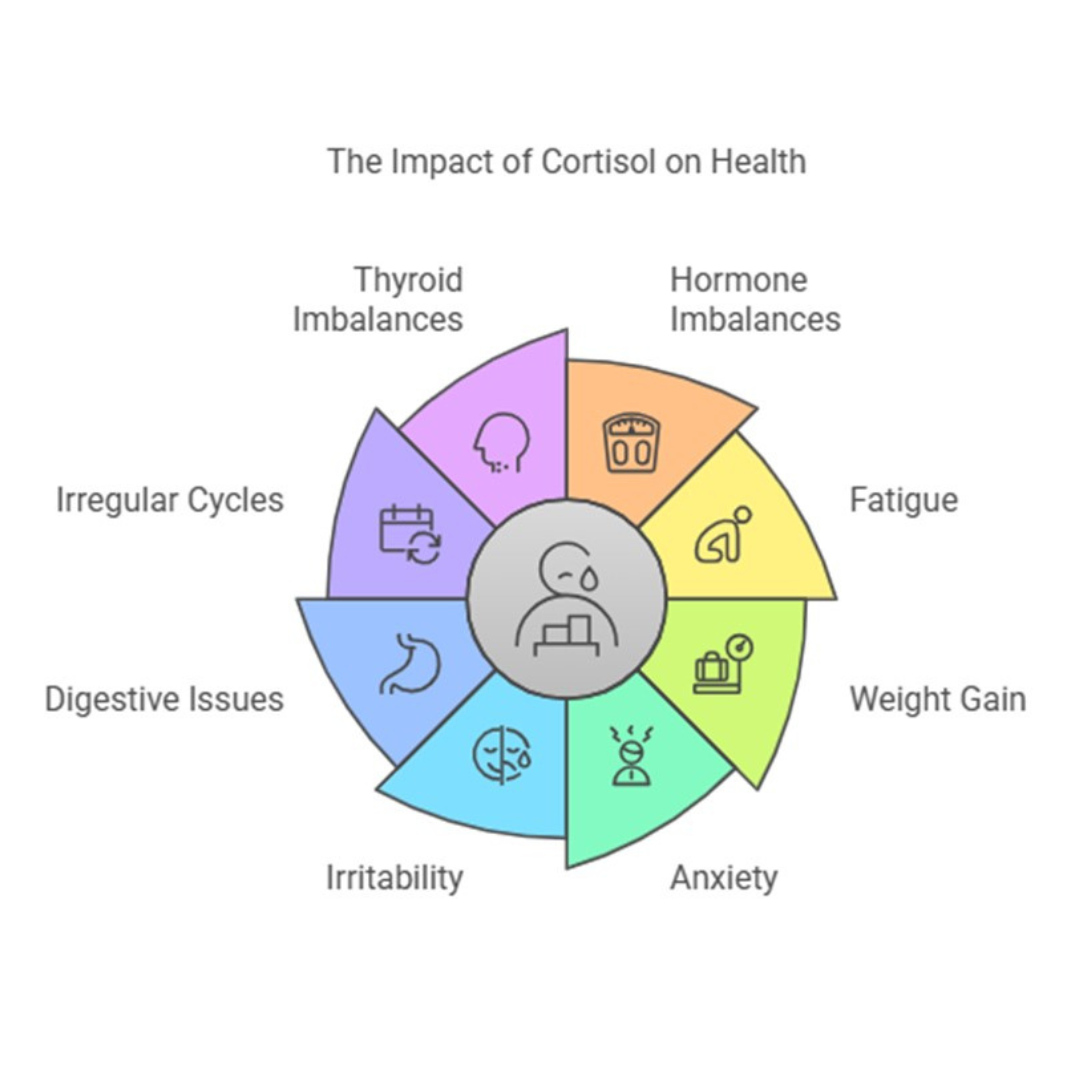
Common physical symptoms of unhealthy relationships
Take time to listen to your body. Notice how your body responds to different relationships. Do you feel relaxed or rejuvenated? Perhaps you feel encouraged and energetic. But maybe you find yourself feeling angry or hurt. Maybe you are exhausted. Maybe your stomach hurts, or you find yourself taking shallow breaths. Your body will speak through symptoms to alert you to how relationships are affecting you.
If you find yourself experiencing headaches, stomach upset, muscle tension, or other symptoms after spending time with certain people, you may want to reconsider your interactions in the future. I am not suggesting that you cut off relationships just because they are hard. Even good relationships can have difficult moments! But I always recommend that someone remove themselves from a dangerous or abusive relationship.
Breaking the Cycle and Healing
Recognizing unhealthy relationship patterns is the first step toward healing. Take time to reflect on how certain relationships make you feel. Prayerfully ask God for wisdom and clarity in identifying these patterns. Journaling your thoughts and emotions can also help you see where stress is coming from and how it’s affecting your body.
Once you’ve identified the sources of stress, it’s time to take action. Setting healthy boundaries is crucial for both emotional and physical well-being. This may mean learning to say no, limiting time with certain individuals, or seeking support from trusted friends, mentors, or a therapist. Christian counseling can provide valuable tools for navigating difficult relationships while staying true to your faith. If communication is a struggle, practicing calm, assertive conversations and expressing your needs can help foster healthier connections.
Sometimes, the relationship challenge originates within us. We can feel angry, hurt, and bitter toward someone who has offended us. Your body can respond with irritability, tight muscles, and fatigue when you are around the offender. Healing may require forgiveness—not necessarily for the other person’s benefit, but for your own peace.
Self-care is not selfish; it’s a necessity, especially for women who pour so much into others. Nourishing your body with whole foods, getting enough rest, and engaging in activities that bring joy—whether it’s taking a walk, doing something creative, or spending time with God—can help restore balance. Herbal remedies like adaptogens (such as ashwagandha or holy basil) can support the body’s stress response, while deep breathing and relaxation techniques can help lower cortisol levels. Taking small, consistent steps toward self-care can make a huge difference in how you feel physically and emotionally and prepare you for the moments when relationships are challenging.
You are not meant to live in a constant state of stress and exhaustion. God designed you for peace, joy, and a thriving life. By addressing the emotional burdens weighing you down and taking steps toward healing, you can reclaim your well-being—body, mind, and spirit. Start today by choosing one small step toward emotional and physical renewal. The journey may not always be easy, but with faith, wisdom, and intentional care, you can walk forward toward healthy relationships so your body can heal.

